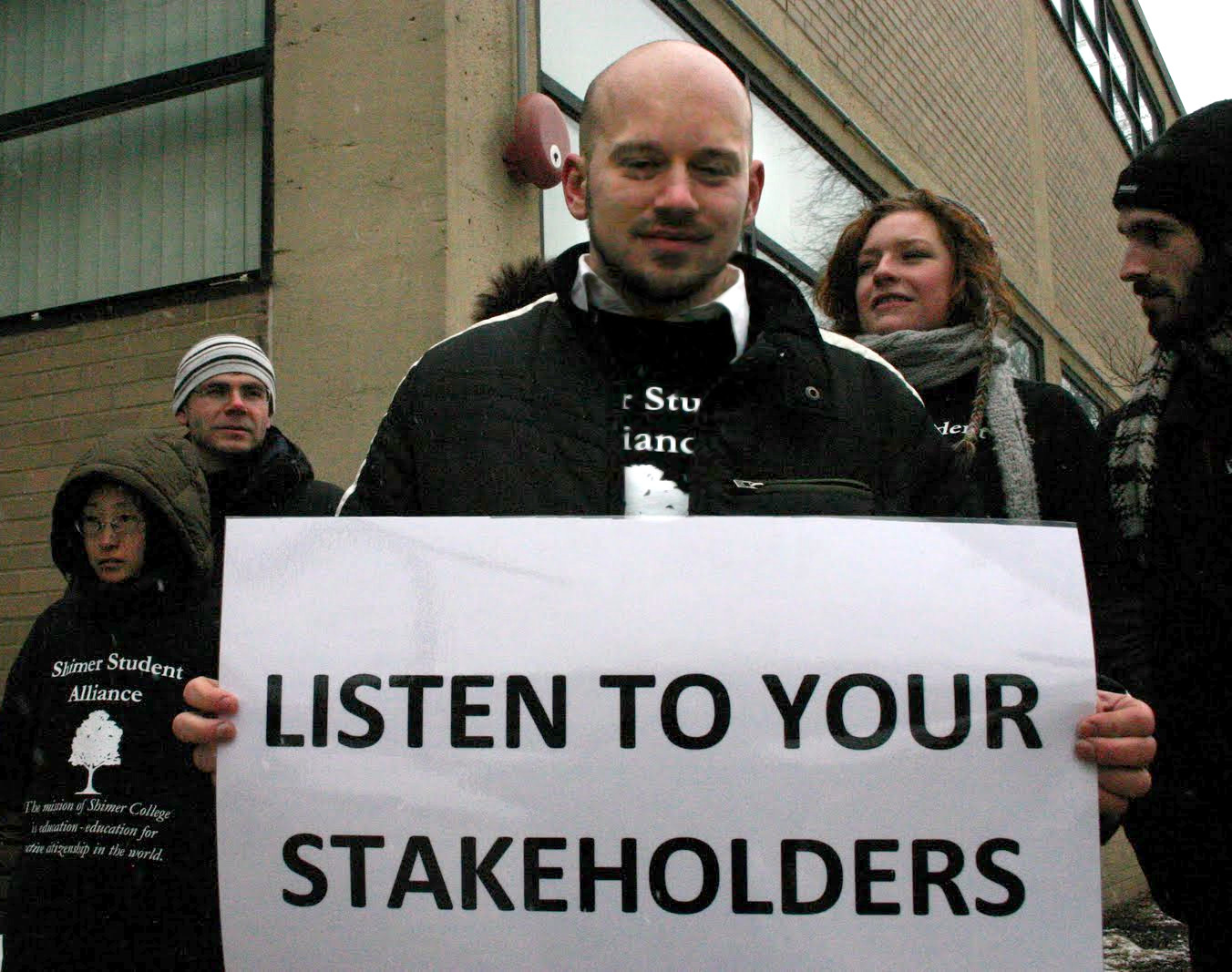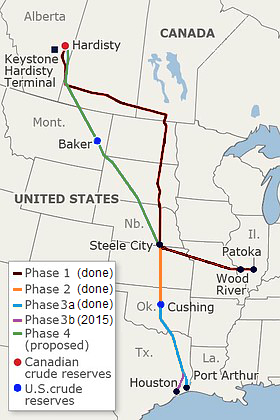Every soundly written work has its roots in sources or ideas; in order to accurately create a work that depicts an event or a situation, an author must analyze the sources and the facts. This unwritten but well accepted rule is extremely important when talking about controversial topics. In order to present an unbiased and balanced response, the author must look at sources from both sides of the argument. The truth in the event usually comes somewhere in between the two sides.
The author of the mic.com article is Liz Rowley while the article by phys.org does not have an author explicitly listed on their page. According to the mic.com page Liz Rowley is a staff writer for the website who is based in New York and focuses on breaking news pieces. The phys.org article does not have an author to research.
The mic.com article shows when the article was written but not if it has been revised recently or if there has been any additions to the article. The article appears to be in date as it was written in November of 2015. The article has working links that lead to statements and policies and other news stories about the pipeline as well as the people who are involved. Meanwhile the phys.com article states that it is also from November of 2015 meaning it is still in date as well, this site did not show when and if it was updated. The article has links to searches of key terms to provide other news stories from the website about issues related to the link.
Mic.com's article has the goal of informing the reader of the main arguments for and against building the pipeline as well as trying to guess at which of the candidates for president might vote for or against the pipeline. In this sense the article has the goal of informing the reader while slightly trying to assign political motives of candidates in regards to the pipeline. The phys.org article also states that it is presenting the key facts about the pipeline. They also try to present both sides to the pipeline argument that forms the controversy. They try to summarize why the pipeline is controversial and why people wanted it or did not want it. This site also clearly aligns the Republicans as pro-pipeline and the Democrats as anti-pipeline.
Both articles have some graphics in the form of pictures with captions and dates. Almost all the pictures on both sites were from or of people protesting the pipeline through various means, as well as congresspeople and the President. Both articles also include a map of the proposed pipeline route from Canada to the Gulf of Mexico.
As previously mentioned both articles try to take a neutral stance on the controversy, just reporting why it is a controversy as well as what the most recent developments in the controversy were. If readers take the information presented to be absolute truth then they will be forced to pick their own side of the controversy based off their own personal morals: further an economic opportunity at the risk of endangering the environment and pandering to big oil corporations or reject the pipeline and ensure that it wont harm the environment while rejecting the potential for thousands of new jobs as well as the economic impact to the cities the pipeline would go through. Most info from these websites can be backed up by other news articles from other sources and government information releases as well as the Oil Corporation information releases, granted all sources have their own biases.
The phys.org article suggests related news stories to the article that is being read, however the mic.com article does not suggest articles. As previously mentioned both articles link the reader to other articles through hyperlinks on certain words. Both articles link to more articles within their website as well as linking to other websites. In essence this means they both site reputable sources as well as possibly siting themselves. Both sites do however try to tie in as much information from the field as possible through quotes from people involved in the conflict.





.jpg)



